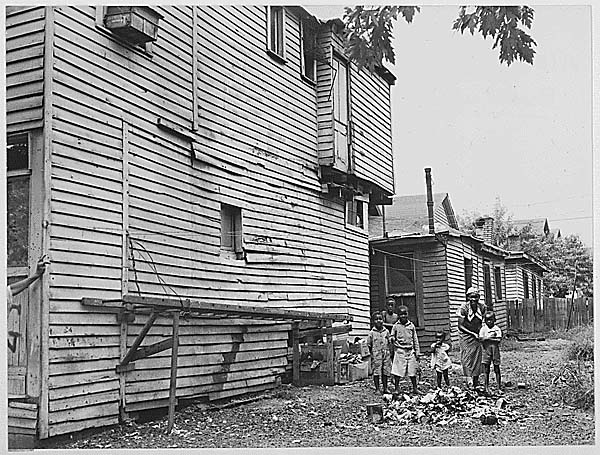Sunlight dapples the maples. My park map says
this is where the skirmish occurred.
Thereís the cabin, logs twisted with history,
dovetail joints still firm, chunks of clay in chinks,
windows vacant these odd hundred thirty years
since children climbed peach trees off the porch.
That was before the first cracks of rifle fire,
before dust of ten thousand horses
rose over the valley in August heat, 1862.
Where did the family flee when they heard
the squeal and clank of caissons on the road,
the teamsters cursing? What did they think
as they watched regimental pennants
whip and snap? Thousands of dusty peaches fell.
Bees droned on the fermented ground.
A split rail fence once looped across this bare
grassy rise. A Park Service marker
says You are here. It displays a passage
encased in a plastic window someone has defaced
with a stone, half-erasing a page from a vetís diary.
This is where he stood that afternoon behind
the rails, loading and firing, faint with fear and thirst.
He recalled he heard the thump of bullets hitting boys
crouched nearby. Some laughed amid the screams.
The fence, they thought, kept them hidden.
He did not feel wood splinters rake his cheek.
To his left a fellow he knew as Will groaned, turned
and said Oh lordy, Iím a dead man, then sagged,
the vet wrote, like a sack of meal.
Dusk darkens the trees. I hike the grass path
back to the parking lot, writing my own diary,
wondering how to describe the gentle hills.
